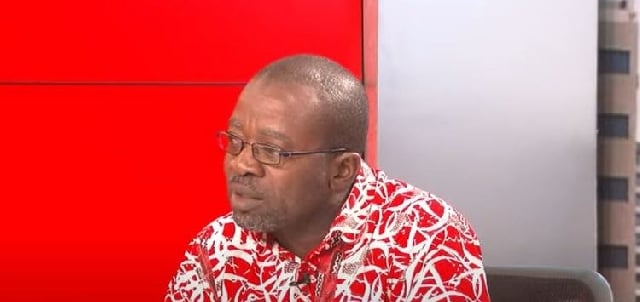Political science lecturer at the University of Ghana, Dr. Kwame Asah-Asante, has poured cold water on claims that ethnicity and religion significantly sway electoral decisions in Ghana, insisting such assertions oversimplify the complexities of the country’s democratic behavior.
Speaking during an in-depth conversation with Adakabre Frimpong Manso on Accra-based Neat FM on Wednesday, July 9, Dr. Asah-Asante tackled the topic, “The Loss of the NPP in the 2024 Elections, the Prospects of the Party in 2028, and Restoring the UP Tradition.”
In his analysis, he challenged widely held assumptions that Ghanaian voters are largely guided by ethnic or religious allegiances, particularly in presidential contests.
“It is not the case in Ghana that a person is voted for simply because of their ethnicity or religion,” he asserted. “These factors may play a role in shaping perception, but they do not determine the outcome of elections.”
Rawlings Example Debunks Tribal Myth
To drive home his point, Dr. Asah-Asante referenced the electoral success of former President Jerry John Rawlings, who, despite belonging to the third-largest ethnic group in Ghana, won the presidency decisively and retained national appeal throughout his tenure.
“Rawlings came from a minority ethnic group but was overwhelmingly endorsed by the Ghanaian electorate. That alone shows that competence and national appeal matter more than tribal affiliations,” he noted.
Religion Not a Determinant Either
Turning his attention to religion, Dr. Asah-Asante argued that while Muslims represent Ghana’s second-largest religious demographic, voting behavior within the group remains far from monolithic.
“If religion were the yardstick, we would have seen Muslims across the country rally behind a specific candidate in the 2024 elections—but that didn’t happen,” he pointed out.
Call for Better Political Analysis
The respected academic warned political analysts and commentators against falling into the trap of lazy identity-based narratives. Instead, he called for a more sophisticated approach that focuses on policies, party track records, and the leadership qualities of candidates.
Dr. Asah-Asante argued that Ghanaians have matured politically and are increasingly driven by performance, governance, and national development imperatives, not ethnic or religious loyalty.
He concluded with a call to elevate political discourse in the country: “We must move beyond divisive identity politics and focus on accountability, competence, and policies that improve lives.”
This reframing presents Dr. Asah-Asante’s insights with added urgency, structure, and clarity while preserving the integrity of all direct quotes.


